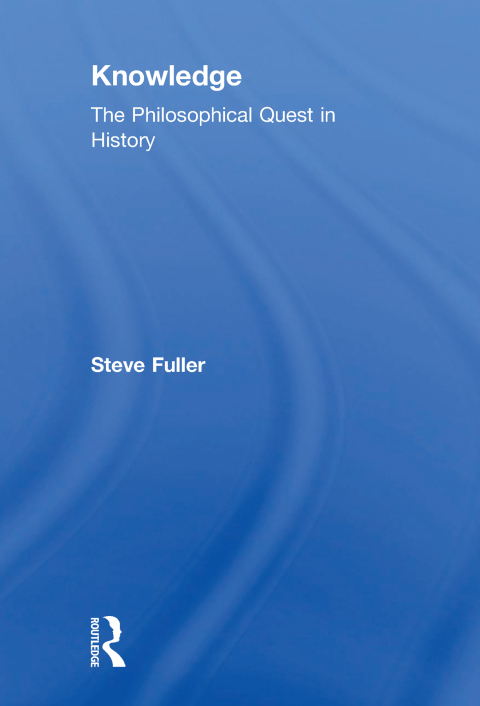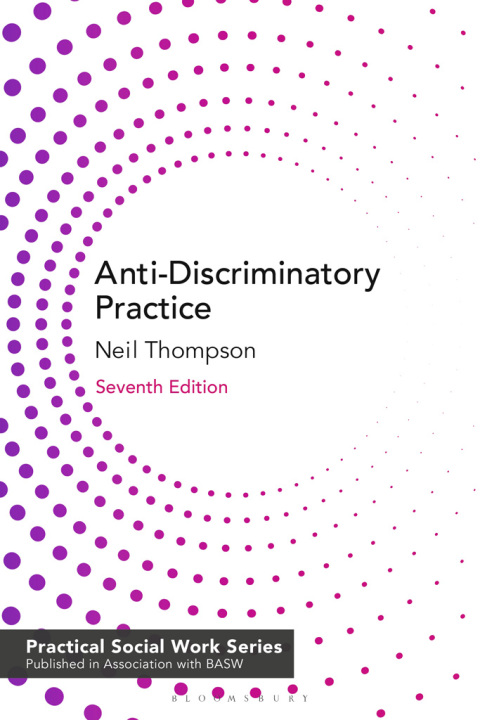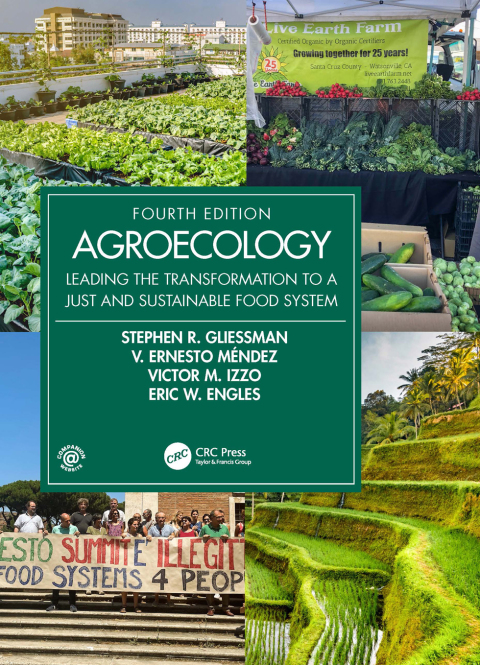Description
Efnisyfirlit
- Cover Page
- Half Title page
- Title Page
- Copyright Page
- Contents
- List of tables
- Acknowledgements
- Introduction Is there a problem of or with knowledge?
- 1 Epistemology as cognitive economics
- Social epistemology as the art of cognitive management
- Two kinds of cognitive economy for social epistemology
- The history of epistemology as a struggle over cognitive economy
- The problem of the economic use of knowledge already produced
- Why did our ancestors seem to know so much more than we know now?
- Projecting the future of social epistemology: the proactionary imperative
- 2 Epistemology as divine psychology
- The divine origins of intellectual life
- Secularizing the sacred mind: the centrality of theodicy
- Theism by other means: sociology’s secular problematic
- Why naturalism is too conservative to explain science
- David Hume: naturalist philosopher of diminished expectations
- The need for theism to explain science
- The awkwardness of natural theology in the secular world
- Intelligent design: a “Left Creationist” affirmation of science
- Darwinism’s own anti-humanist theodicy
- Recap: the Creationist Left’s challenge to the science-relision nexus
- 3 Epistemology as psychology of science
- In the beginning the psychologist was the self-conscious scientist
- The genealogy of validity: from the bank to the lab bench
- The need for psychology of science to improve the conduct of science
- Conclusion: how scientific creativity went from being abundant to scarce
- 4 Epistemology as philosophy of science
- By misunderstanding Kuhn, we misunderstand our own times
- Kuhn’s legacy of perscriptive/descriptive confusion
- Popper’s (pre-)challenge to Kuhn and Kuhn’s anti-rationalist response
- Kuhn’s contemporary legacy: the naturalization of consensus in science
- The problem of positioning Popper on his own terms
- The key to Popper: the psychologist who never really left the lab
- The problem of assessing Popper’s philosophical fortunes
- 5 Epistemology as sociology of science
- In search of the “will to science”: from religious inspiration to remunerated research
- Science and expertise: natural bedfellows or mortal enemies?
- Expertise as site for normative recession in analytic social epistemology
- Expertise as site for normative recession in science and technology studies
- Learning from the past to redeem a normatively “fuller” social epistemology
- The challenge ahead: the legacies of Kuhn and Latour as obstacles
- 6 Epistemology as counterfactual historiography
- The complementarity of freedom and determinism in the modern world-view
- Freedom and determinism as a problem of historical perspective
- Possible worlds as the micro-structure of freedom and determinism
- The normative stakes of a flexibly revisable history
- Giving the past back its future: the ultimate test of “giving voice”
- Conclusion Redeeming epistemology from the postmodern condition
- Bibliography
- Index





